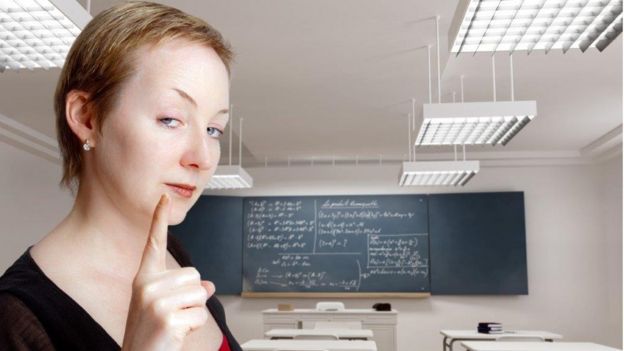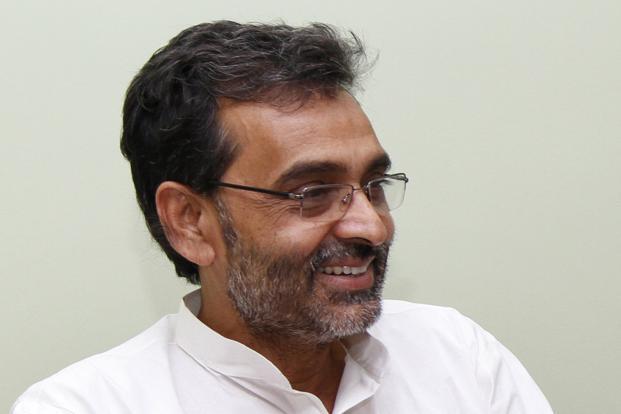Councils have hit out at government plans to remove their role in boosting school standards in England.
From next year, the civil servants who oversee academies and free schools will take over responsibility for raising standards in all state-funded schools.
But council leaders say regional schools commissioners lack the “capability and capacity” for the job and “could risk children’s education”.
The government called the claims “nonsense, and the figures misleading”.
Currently about a quarter of state schools in England are academies or free schools, run independently and funded directly from Whitehall rather than through local authorities.
This includes most secondary schools but only about one in six primaries.
The job of regional schools commissioners is to oversee academies and free schools in their areas, doing a job similar to that of local authorities for council-run schools.
Expanding role
Ultimately the government wants all schools to be academies, and the commissioners’ role is expanding as more schools convert.
In August next year, the government also intends the commissioners to take over from local authorities the job of supporting school improvement and intervening in failing schools.
But the Local Government Association, which represents councils in England, highlights official data it says suggests that, overall, council maintained schools out-perform academies.
According to that data, the proportion of schools rated good or outstanding by inspectors is:
- 89% of council maintained schools
- 83.2% of all academies
- 62.1% of sponsored academies (taken over by academy sponsors after poor inspections)
- 88.5% of converter academies (good or outstanding schools that choose to convert)
- 81.8% of free schools.
However, at secondary level only, academies do better than maintained schools, with 79.6% rated good or outstanding, compared with 76.3% of council run schools.

The LGA says that almost 800 academies are currently rated “less than good”, which means that each of the eight commissioners already has responsibility for about 100 struggling academies.
Richard Watts, chairman of the LGA’s children and young people board, questioned whether the commissioners had capacity to boost standards in these academies, let alone take on responsibility for another 13,000 schools.
He said local councils had consistently proved themselves to be more effective at raising standards than regional schools commissioners.
“This is no surprise. Each council is working with fewer schools, who they have good, long-standing relationships with and they know what’s needed in their local areas,” he said.
“It is simply asking too much to expect RSCs to effectively turn around dozens of schools across a huge area.”
Liberal Democrat education spokesman John Pugh said the findings backed up “our long held concerns that the government’s obsession with turning every school into an academy will do nothing to drive up standards, not to mention completely undermining councils’ ability to deliver the education provision their communities need”.
But the government said the LGA was being disingenuous to claim local authorities were better at raising standards, as the government was taking struggling schools off their books by turning them into academies.
“It is inevitable that councils oversee a higher proportion of good or outstanding schools,” said a Department for Education spokesman.
Following conversion to academy status and “after being paired with a strong sponsor, they stand the best chance of breaking from their often long histories of under performance”, said the spokesman.
The spokesman said accountability for academies was more robust than in council-run schools, adding that regional schools commissioners enabled “swift action” on problems “that the council-run system would fail to tackle for years”.
[Source:- BBC]






